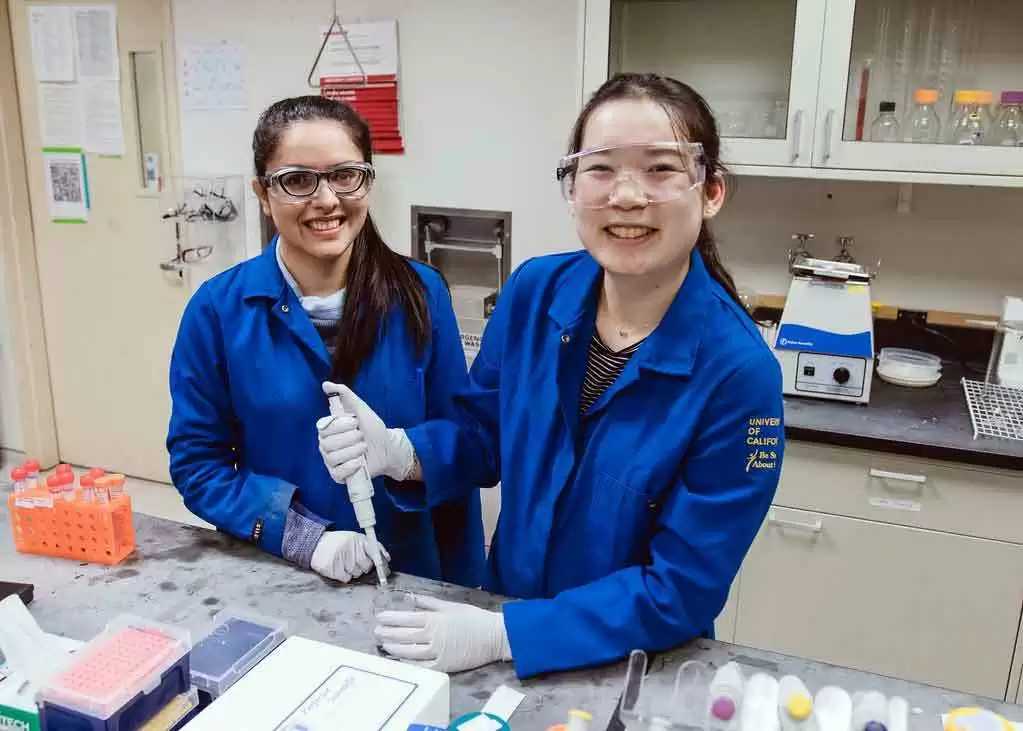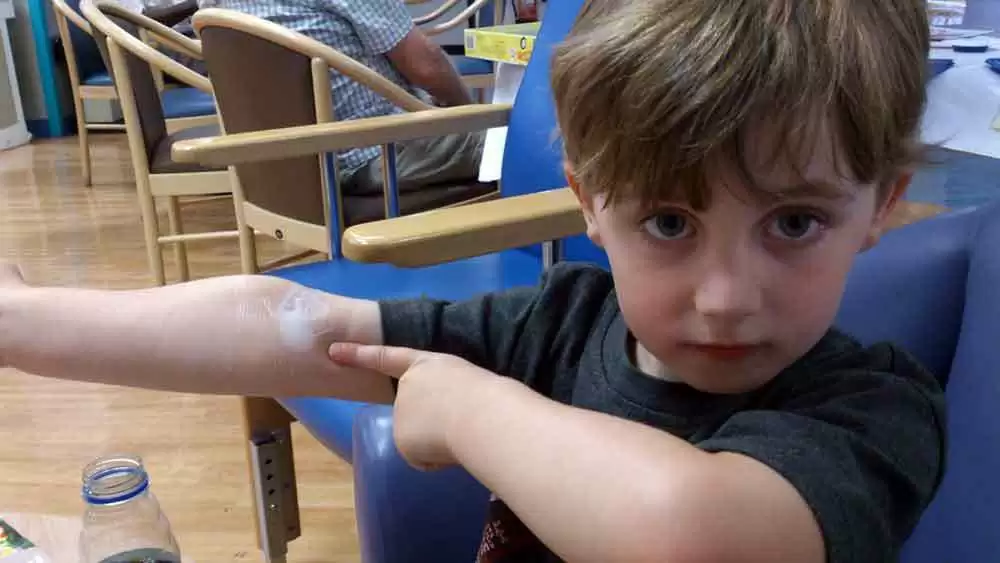
Celiac.com 02/11/2021 - Do gastroenterologists have medical inertia towards celiac disease? As part of a UK multi-center secondary care study, a team of researchers recently set out to assess if there is secondary care medical inertia towards celiac disease.
The research team included Matthew A Taylor, Rebecca J Blanshard, Gregory Naylor, Hugo A Penny, Peter D Mooney, and David S Sanders.
Celiac.com Sponsor (A12):
They are variously affiliated with the University of Sheffield; the University of Sheffield Medical School, Sheffield, UK; the Academic Unit of Gastroenterology, Royal Hallamshire Hospital, Sheffield; the Chesterfield Royal Hospital, NHS Foundation Trust, in Chesterfield, UK; the Department of Gastroenterology, Northern General Hospital, Sheffield, UK; and the Department of Gastroenterology at Leeds Teaching Hospitals NHS Trust, in Leeds, UK.
The study was designed as follows:
- Group 1 included 151 adult patients with a positive endomysial antibody test, and 92 adult patients with histologically proven inflammatory bowel disease (IBD), which were compared from time from primary care presentation to diagnostic endoscopy.
- Group 2 included 1,423 patients, from four hospitals, with duodenal biopsy reports for suspected celiac disease.
- Group 3 compared clinical complexity between 102 known celiac patients, and 99 IBD patients, at follow-up appointments.
- Group 4 included fifty gastroenterologists, who were questioned about celiac disease and IBD.
The results for Group 1 showed that suspected coeliac patients waited significantly longer for diagnostic endoscopy following referral (48.5 (28–89) days) than suspected patients with IBD (34.5 (18–70) days; p=0.003).
The results for Group 2 showed that, for the 1,423 patients who received diagnostic endoscopy for possible celiac disease, only 40% of clinicians met guidelines to take four biopsies.
Following biopsy guidelines increased celiac diagnosis by nearly 5%, from 4.6% to 10.1%. Meanwhile, more than one out of eight newly diagnosed celiac disease patients had at least one non-diagnostic gastroscopy in the 5 years prior to diagnosis.
Nearly one-third of gastroenterologists in Group 4 failed to identify that celiac disease is more common in adults than IBD. Shockingly, more than one-third of those gastroenterologists felt that doctors were not required for the management of celiac disease.
This review of gastroenterological practices showed that long waits for endoscopy and poor biopsy technique, which indicates that gastroenterologists may display medical inertia towards celiac disease.
The research team suggests that a Coeliac UK National Patient Charter may help to remove such inertia, and help to standardize care across the UK.
Read more in BMJ Open Gastroenterology 2021;8:e000544.








Recommended Comments
Create an account or sign in to comment
You need to be a member in order to leave a comment
Create an account
Sign up for a new account in our community. It's easy!
Register a new accountSign in
Already have an account? Sign in here.
Sign In Now